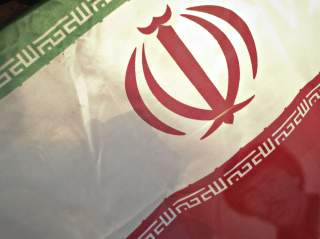Iran and the United States Remain Mired in the Past
Iranians view the Trump administration as another iteration of American duplicity in seeking regime change.
Any future negotiations between the United States and Iran, whether during or after the Trump administration, will need to resolve the many current outstanding issues and conflicting interests between the two countries. But since both the United States and Iran are unwittingly locked into two diverging narratives about the past that have provided the subtext of U.S.-Iranian relations for the past forty years, any lasting rapprochement will also need to take these narratives into account. Future negotiations will need to surmount the sense of U.S. betrayal that is felt by many Iranians, while also acknowledging the sense of injustice and offense Americans have felt since the Iranian revolution and hostage crisis. Diplomats would be wise to factor this reality into their strategies and plans if any efforts to bring the current conflict to an end will be successful. For sure, deft diplomacy will be required to square the circle between these two powerfully competing stories.
Ross Harrison is on the faculty of the School of Foreign Service at Georgetown University, is a senior fellow at the Middle East Institute and teaches at the University of Pittsburgh. He is the author of Strategic Thinking in 3D: A Guide for National Security, Foreign Policy and Business Professionals, and a co-editor (with Paul Salem) of From Chaos to Cooperation: Toward Regional Order in the Middle East, and a forthcoming book Civil Wars in the Middle East: Drivers, Dynamics and Pathways to Resolution.

